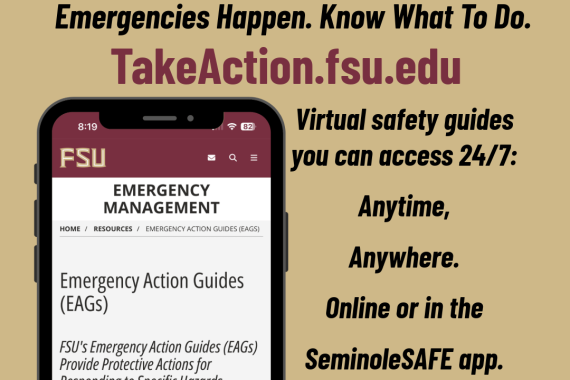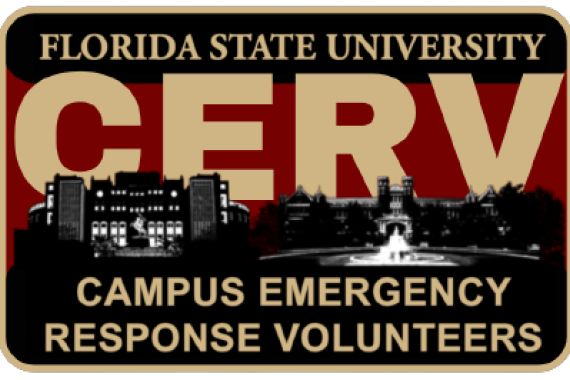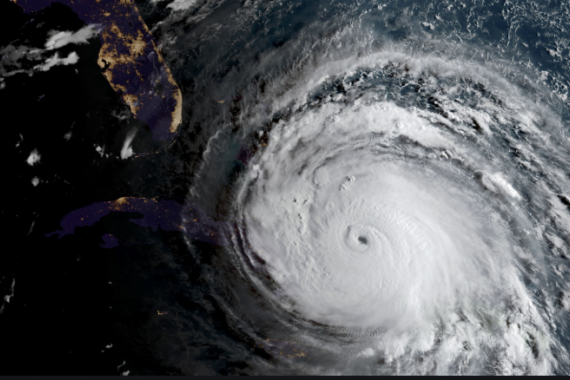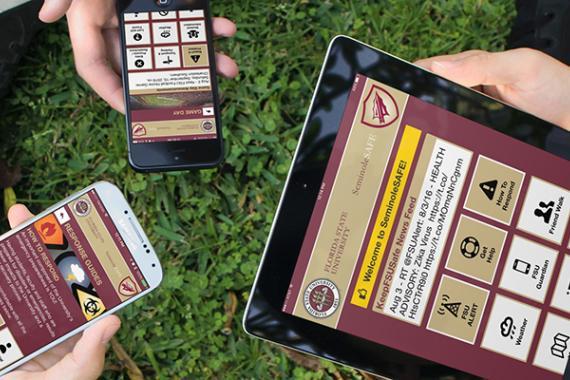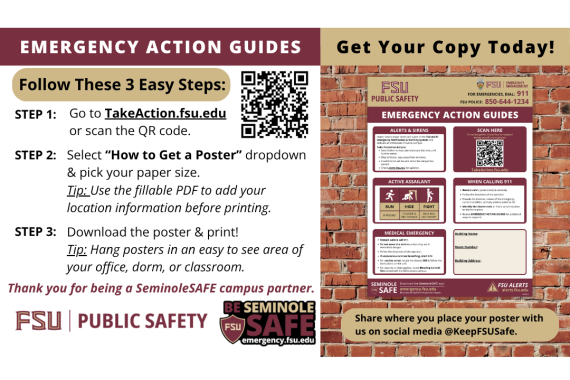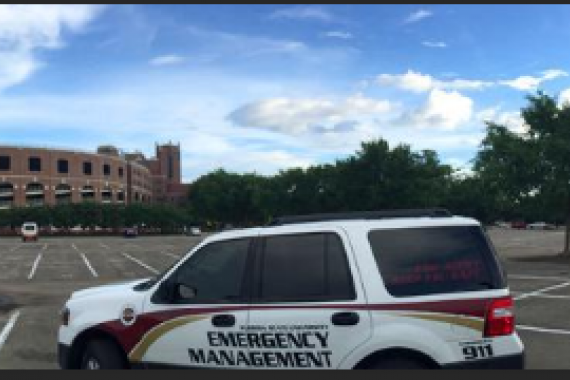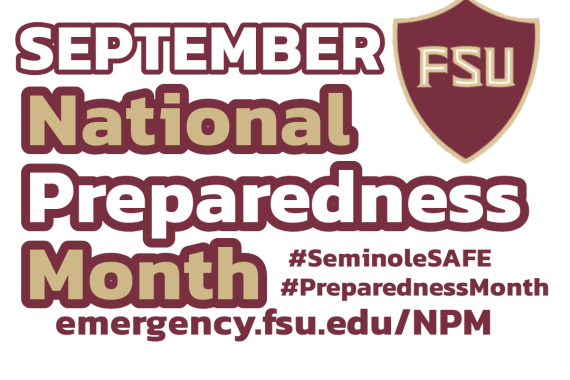Know Your Zone: Do you stay or do you go?
Do you live in a hurricane evacuation zone due to coastal storm surge? Do you live in an inland flood zone? Do you live in a manufactured or mobile home? Do you live in a structure built before 1973 when Florida adopted a standard building code? If you answered yes to any of these questions, then you may be required to evacuate for a tropical storm or hurricane. Know your home, know your zone, and make a plan today!
Do I live in an evacuation zone due to coastal storm surge?
Most of Leon County is not located within a hurricane evacuation zone; however, parts of southern and southeastern Leon County, generally south of Capital Circle and Tram Roads, are located with the Zone D evacuation zone for major hurricanes. Coastal counties in our region (Jefferson, Wakulla, Franklin, and others) have additional, more widespread evacuation zones. Know your zone: look up it in the Hurricane Survival Guide for the Capital Area.
Do I live in an inland flood zone?
Many areas in Tallahassee, Leon County, and neighboring counties are designated flood zones by FEMA. Keep in mind that not being in a FEMA designated flood zone, does not mean your home can't flood. To check your Leon County residence for flood threats, visit the FEMA Flood Map site, use the search tool to find your address. If you are in a blue or red hatched area, you are in a flood zone. Even if your house is not in a hatched area, look around to see if any roads in or out are; you could become isolated by floodwaters.
If ordered to evacuate, where will I go?
There are a variety of options available to you should you be ordered to evacuate; some are better than others. The key is to plan now and make your decision to leave early. If you have enough time, you should plan on evacuating to an inland area outside of the danger zone. Ideally, this would be to family or friends, but a hotel or motel will do too. Just make sure that you are not headed into the path of the storm and that you don't get stuck riding out the storm on the road. If a road trip is not an option for you, find family or friends in a well-built home and safer location nearby. A public shelter should be your last resort if you run out of time or simply have no other options. Here's some things to remember when evacuating: Evacuation.
Build a Disaster Supply kit before a storm threatens.
You should plan on being self-sufficient for 3 to 7 days without government or outside assistance. To make that happen, you need to build a disaster supply kit and stock up on essential supplies.
A basic emergency supply kit could include the following recommended items:
- Cloth face coverings (for everyone ages 2 and above)
- Liquid or Bar soap
- Hand sanitizer with at least 60% alcohol
- Disinfecting wipes to disinfect surfaces
- Water (one gallon per person per day for at least three days, for drinking and sanitation)
- Food (at least a three-day supply of non-perishable food)
- Battery-powered or hand crank radio and a NOAA Weather Radio with tone alert
- Flashlight
- First aid kit
- Extra batteries
- Whistle (to signal for help)
- Dust mask (to help filter contaminated air)
- Plastic sheeting and duct tape (to shelter in place)
- Moist towelettes, garbage bags and plastic ties (for personal sanitation)
- Wrench or pliers (to turn off utilities)
- Manual can opener (for food)
- Local maps
- Cash
- Insect Repellent
- Gas (If needed)
- Cell phone with chargers and a backup battery
Here are a few excellent sources for checklists:
- Hurricane Survival Guide for the Capital Area
- Ready.gov
- American Red Cross
- Federal Alliance for Safe Homes.
Put your plan together now.
The more you think about and prepare for a storm now, the easier and faster you'll be able to react when the time comes. Put your plan on paper and share it with your family. Your plan should include: Where will I go? How will I get there? What things will I need? How will I communicate with my family? Do I have a designated meeting location? How will I protect my property? What will I do with my pets? For assistance in creating a plan, Get a plan HERE
Get A Plan! - FloridaDisaster.org,
Don't forget the pets!
Being a pet owner brings with it some additional responsibilities when it comes to emergencies. Make sure that your plans include taking your pets with you. DO NOT leave your pets behind! Pets most likely cannot survive on their own, and if by some chance they do, you may not be able to find them when you return. A pet survival kit includes: collars, leashes, rabies tags, carrier, food, water, bowls, and more. Pet Disaster Kit Checklist
Prepare Your Home or Apartment
Do you have insurance? Even if you're a renter, there are things you should know.
If you are a homeowner, make sure that your homeowner's policy has adequate coverage for tropical storms and hurricanes. Hurricane coverage typically has higher deductibles when making claims. If you are a renter, do you know that your landlord's insurance policy does not cover any of your personal belongings? You need to get a separate renter's insurance policy, which is a lot more affordable than you may think. Lastly, note that neither homeowner's nor renter's insurance policies cover damage caused by floods, even if caused by a hurricane. You need to get a separate flood insurance policy. Lastly, take the time to inventory and photograph your property and possessions to help make the claims process smoother.
Renters should plan ahead to protect their personal belongings.
As a renter, there's not much you can do to protect the property itself, but there are things you can do to help minimize any potential damage to your personal possessions. Have a plan to bring indoors anything that can become windborne debris (grills, patio chairs, umbrellas, etc). Prepare to raise up electronics and other expensive items up off the floor. If the windows break or the roof leaks, you don't want your computer, TV, or other things swimming in a puddle on the floor. Have a box of trash bags ready to bag up or cover your possessions against getting wet. Don't leave any small valuables behind, if you can take them with you. Have all your important papers in a box ready to grab. "Go Tapeless!" Don't bother taping up windows. It just doesn't work and leaves a sticky mess to clean up later.
Homeowners can do a lot to minimize the potential damage to their homes.
There are many small, cost-effective things that a homeowner can do to reduce the amount of damage that can occur to their properties. If done right, you could possibly even receive a discount on your homeowner's insurance premiums. Visit the Federal Alliance for Safe Homes for more information.
Prepare Your On-Campus Office, Classroom, Lab, or Other Facility
Develop a business plan.
Each College, Division, Department or other entity on campus has a responsibility to develop its own localized emergency preparedness plan. At a minimum, these plans should answer the following questions: Do we have everyone's emergency contact information? What critical data, files, or equipment needs to be protected? Do we back up electronic data on a regular basis? Do we have supplies on hand ready to protect property? Who will complete all the preparedness tasks?
Back up electronic data regularly.
One of the most vulnerable assets of this university is the wealth of electronic data we posses. Take the time now to evaluate what electronic data you can't stand to possibly lose. Now, are you backing that data up to a safe location on a regular basis? If you had to restart your office in a new location, with a new computer, do you have the electronic data you need to resume business quickly? If you need assistance with backing up and protecting your data, contact Information Technology Services today.
Prepare to protect electronics and other sensitive equipment and files.
Have a plan now to protect electronics and other sensitive equipment and files. This first thing to consider is raising everything up off the floor. Refrain from placing computers or other equipment directly on the floor if possible. The next step is to keep a supply of plastic sheeting, garbage bags, tarps and other similar items ready to cover up items. Should a window break, roof leak, or other flood occur, all your critical items will not get wet. Have a plan to safely power down all electronics, if possible. Keep in mind that some things, like network servers, don't like abrupt power outages. Unplug electronics, power strips, and anything else that can become a fire hazard if it becomes wet.
Do you need extra insurance coverage for critical assets?
Keep in mind that the university is self-insured by the State of Florida, through the Division of Financial Services. Coverage for property and contents may be rather limited. If you have an extra-ordinary piece of equipment, artwork, or other rare or valuable object, you may want to talk to the Department of Environmental Health & Safety for guidance on obtaining additional insurance coverage.

